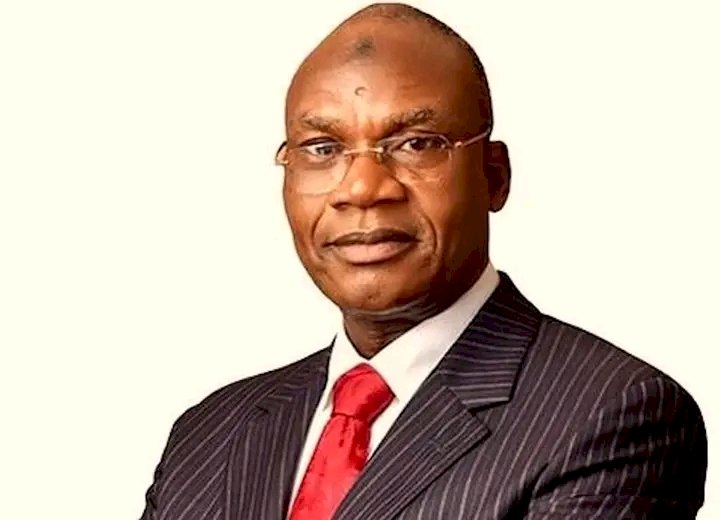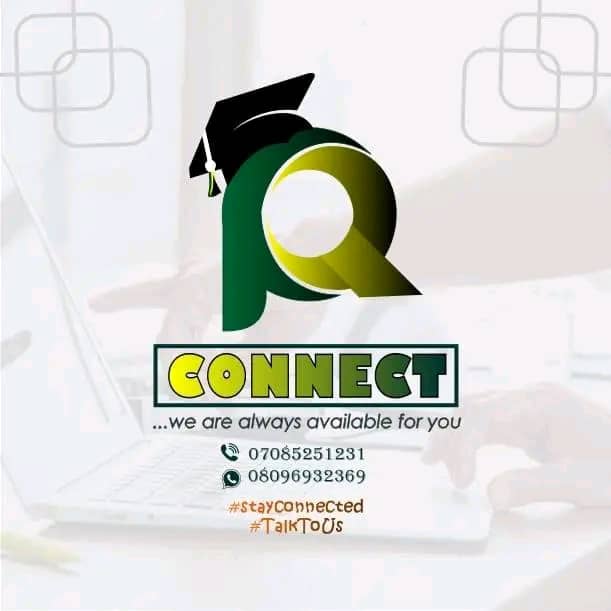Education minister sets up 8-man committee on financial autonomy in varsities, others Tue,
On education specifically, our president has declared his commitment and as a priority, among other missions, to see about 10.5 million Nigerians

Education minister sets up 8-man committee on financial autonomy in varsities, others
An eight-man committee has been inaugurated by the Minister of Education, Prof. Tahir Mamman, to set up a roadmap for the education sector in line with the “Renewed Hope” agenda of President Bola Tinubu.
The committee headed by Dr. Nuhu Yakubu, has as one of its members a former Deputy Director-General of the Nigerian Law School, Prof. Ernest Ojukwu, and Prof. Sa’ad Umar.
Inaugurating the committee members on Tuesday, the minister said, “Mr. President has clearly laid out his vision for his administration and it is anchored on improving the lives of Nigerians in a manner that not just reflects our humanity but encourages compassion towards one another and duly rewards our collective efforts to resolve the social ills that seek to divide us.
“On education specifically, our president has declared his commitment and as a priority, among other missions, to see about 10.5 million Nigerians out of school children retrained with skills that will make them stand on their own. We will, therefore, need a clear road map and framework that will guide the ministry to achieve these goals.
“To achieve this vision, we must necessarily harness our human resources. But before we harness our human resources, we need to be sure of what we need to do to fill in the gaps that have, over the years, inexplicably pulled us back.”
Addressing the committee members on the task ahead, Mamman said, “Permit me to highlight some of the issues you may need to look at, amongst all others. As Nigeria looks towards having quality education, it is important that the curriculum, from basic to tertiary level meets the demands of our times and needs of the society. I am happy to note that work has commenced at some level, especially the secondary and tertiary levels. What we need to know is to what extent can what we already have met contemporary demands of education globally and if not sufficient, how to address them.
“Of course, I do not need to emphasise the infrastructural deficit which the Universal Basic Education Commission and Tertiary Education Trust fund as well as good-minded Nigerians, philanthropists and our development partners have been supporting. Again, we ask ourselves to what extent has such gone in putting the country where we need to be?
“I do expect that issues of financial autonomy in tertiary institutions, access and equity, research and innovation as well as the government-industry-academic nexus would occupy your thoughts. In the same vein, the global competitiveness of our educational system should not escape your scrutiny.
“Ladies and gentlemen, let me not pre-empt your thoughts as the other details of your Terms of Reference, attached to your letter of appointment, will provide further details. I must add that the Terms of Reference is not sacrosanct as you are free to explore other areas not explicitly covered but required for a comprehensive assignment.
“One thing I must not fail to add is that we must have an education system that embraces technology and moves into a digital future where our education responds to the demands of society. We need to move away from education for its sake to education for the development not only of the individual but most importantly for the society we live.
“I do appreciate that the time frame of four weeks might look too tight but I am counting on your expertise, the availability of preliminary work done by the ministry in the review of the just concluded strategic plan, your commitment and patriotic zeal.”





















